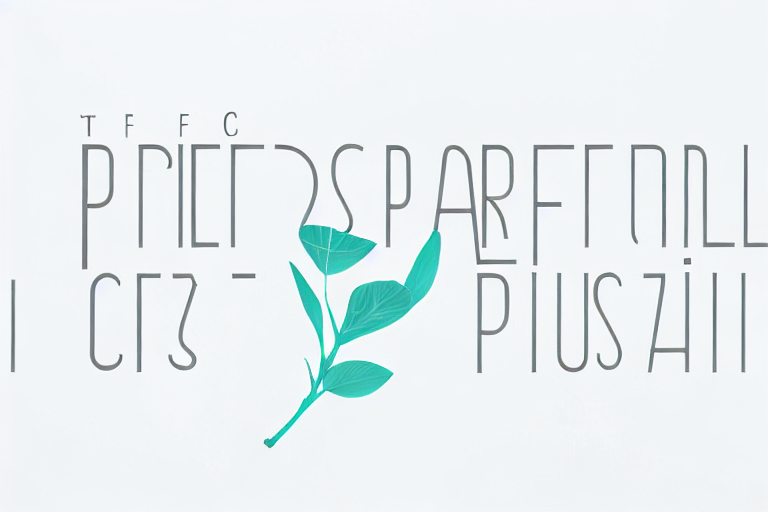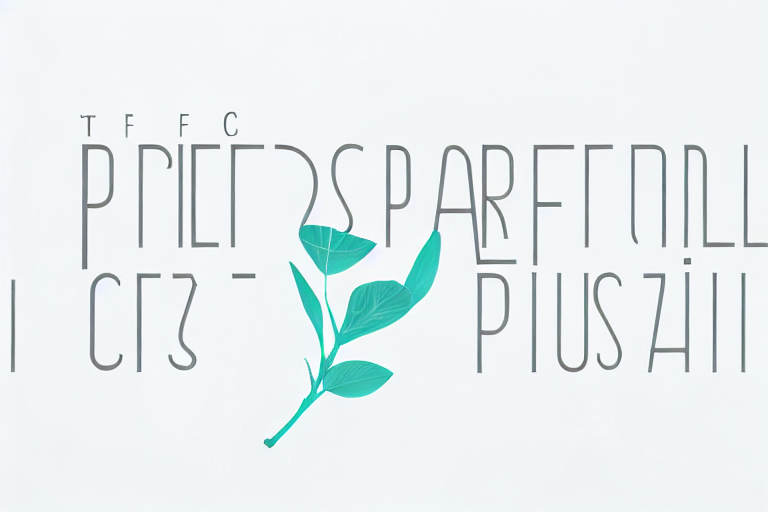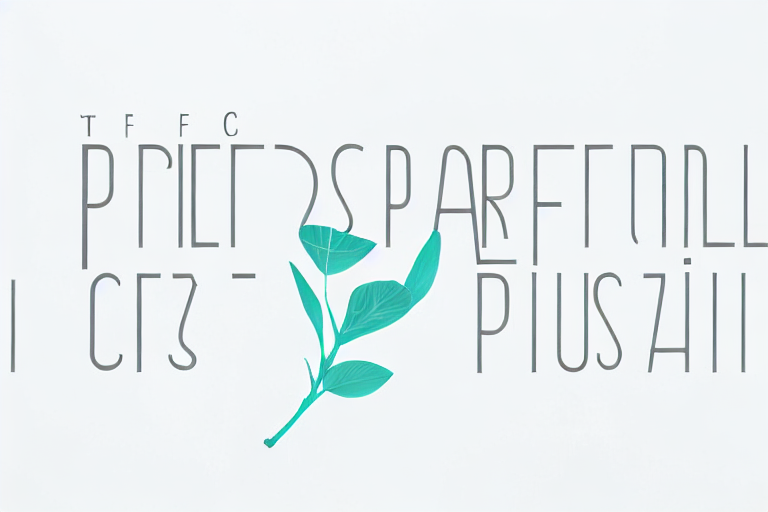What is it like to bake a pie? Mom would spend an entire afternoon rolling and re-rolling dough, muttering about shrinkage and how to shrink it. What are Grandma’s pies? What are some of the best pie crust tips? Forget store-bought – this method is surprisingly easy and guarantees a delicious, homemade crust. Every single time. It’s a world away from the dense, cardboard-like crusts you sometimes get. What is the pie crust equivalent of a chocolate chip cookie? When you get the hang of it, you’ll wonder why you bought one.

What is the perfect pie crust?
What is the perfect pie crust? It’s flaky but not dry, tender but strong enough to hold its filling without collapsing. Think of it as the foundation of your pie masterpiece! It should have a subtle buttery flavor that complements, but doesn’t overpower, the filling. What is a blank canvas for your fruit, cream, or savory mixture? My Grandma always called it “tender love in a circle,” which I think is perfectly apt. Is it about the ingredients?
Why you’ll love this recipe?
What are some of the best recipes for chicken wings?
- Flavor:The buttery, slightly nutty flavor of this crust is incredible. It’s not too sweet, allowing your pie filling to be the star. What is the kind of flavor that makes you want to sneak a bite even before the filling goes in?
- Simplicity:Is it easier than you think? What is the key to success is following a few simple steps and not overthinking it. I used to be intimidated by pie crust, but this recipe is a game changer.
- Cost-All you need is basic ingredients that you already have in your pantry. What is the best way to make a crust? Flour, butter, salt, and water.
- Versatility:What are some good ways to make this crust for pie? Is it a reliable base for just about any filling you can dream up.
What I love the most is how forgiving it is. Even if you don’t get it right the first time (and who does? Is it a million times better than store-bought? What is the best crust for lemon meringue pie? Plus, the smell baking in the oven is pure comfort. I often make a double batch and freeze half for later. What is the best way to eat a pie when you don’t have time for it?
How do I make a perfect pie crust?
Quick Overview
How do you make a perfect pie crust? We’ll start by cutting cold butter into flour, creating those crucial flaky layers. When the dough starts to come together, we’ll add ice water. How do you bake a biscuit in the fridge? I know it sounds simple, but it is! The beauty of this method lies in its simplicity – no fancy equipment or complicated techniques.
Ingredients
For the Pie Crust: What is the recipe?
- 2 1/2 cups all-purpose flour: 1 cup of whole wheat flour I prefer unbleached for a slightly nutty flavor, but bleached works just fine too.
- 1 teaspoon salt: Don’t skip this! It enhances all the other flavors.
- 1 cup (2 sticks) unsalted butter, very cold and cut into small cubes. The colder the butter, the flakier it is. This is non-negotiable. I put my butter in the freezer for about 15 minutes before cutting it.
- 6-8 tablespoons of ice water: Add it a tablespoon at the time until the dough just comes together.

What are the steps to
Step 1: Combine Dry Ingredients
In a large bowl, whisk together the flour and salt. Set aside. What is the best way to distribute salt evenly?
Step 2: Cut in the Butter
Add the cold, cubed butter to the flour mixture. Mix well. I use a pastry blender to cut the butter into the flour until the mixture is smooth. What is coarse crumbs? The butter should still be in small pieces – don’t overmix! This is where the flakiness comes from. If you don’t have a pastry blender, you can use two knives to cut butter.
Step 3: Add Ice Water
Gradually add the ice water, one tablespoon at a time, mixing lightly after each addition. When the dough starts to come together, stop adding water. Be careful not to add too much water, or your crust will be tough. The dough should be slightly shaggy, not smooth.
Step 4: Form Disks and Chill
Divide dough in half and flatten each half into a disk. Wrap each disk tightly in plastic wrap and refrigerate for at least 30 minutes (or up to 2 days). This allows the gluten to relax, resulting in a more tender crust. If you’re in a hurry, 30 minutes will do, but I find an hour is even better.
Step 5: Roll Out the Dough
On a lightly floured surface, roll out one disk of dough into an 8-inch circle. Transfer the dough to a 9-inch pie plate. Trim and crimp the edges as desired.
Step 6: Blind Bake (If Necessary)
If your pie filling requires a pre-baked crust, prick the bottom of the crust. How do I prevent a crust from puffing up? Line the crust with parchment paper and fill it with pie weights or dried beans. Bake at 375°F (190°C) for 15-20 minutes, or until the edges are lightly golden. Remove the parchment paper and weights and bake for another 5-10 minutes, or until the bottom is dry.
Step 7: Add Filling and Bake (If Not Blind Baking)
If you’re not blind baking, add your pie filling to the unbaked crust. What is the best pie filling recipe?
Step 8: Cool and Serve
Let the pie cool completely before serving. This allows the filling to set properly.
What should I serve it with?
What are some of the best ideas for pie crust?
- For Breakfast:A slice of warm apple pie with a dollop of whipped cream and hot coffee. What is the perfect way to start a fall morning?
- For Brunch: A savory quiche with spinach, cheese, and bacon, served with a side of fresh fruit salad. Elegant and satisfying!
- As Dessert:What’s a Thanksgiving staple? Pumpkin pie and vanilla ice cream. My family always argues over who gets the last slice.
- For Cozy Snacks:A mini fruit pie with your favorite berries served with a glass of cold milk. What’s a comforting treat?
My grandma always served her apple pie with a slice of sharp cheddar cheese. I know it sounds weird, but trust me, it’s delicious! The combination of sweet and savory is unbeatable.
How do I make a perfect pie crust?
How do I make a perfect pie crust? (and a few pie-making disasters!
- How do you keep everything cold?What is the most important tip? Cold butter creates steam when it bakes, resulting in flaky layers. Cold water prevents the gluten from developing too much, which can lead to a tough crust. I even chill my flour and bowl sometimes!
- Don’t Overmix:Overmixing develops gluten, which makes the crust tough. Mix just until dough comes together. A little bit of unincorporated butter is okay – it will create even more flakiness.
- Rest the Dough: What is the Chilling the dough allows the gluten to relax, making it easier to roll out and preventing shrinkage during baking. Don’t skip this step!
- Use the Right Amount of Water: Too much water will make the crust tough, while too little water will make it crumbly. Add the water gradually, until the dough just comes together.
- Roll Out Evenly: Roll out the dough to an even thickness to ensure it bakes evenly. Use a rolling pin and a light touch. If the dough sticks to the counter, lightly flour the surface.
- Crimp the Edges: Crimping the edges not only looks pretty, but it also helps to seal the filling inside and prevent it from bubbling over. Get creative with your crimping! You can use a fork, your fingers, or even a spoon.
I’ve learned that even if the crust cracks a little when you’re rolling it out, don’t panic! Just gently patch it up with a little extra dough. Nobody will ever know. And if the edges start to brown too quickly during baking, cover them with foil or a pie shield.
Storing and Reheating Tips
Here’s how to store and reheat your pie (if there are any leftovers!):
- Room Temperature: Baked pies can be stored at room temperature for up to 2 days, covered loosely. This is fine for fruit pies, but cream pies should be refrigerated.
- Refrigerator Storage: Baked pies can be stored in the refrigerator for up to 4 days, covered tightly. This is the best option for cream pies and pies with perishable fillings.
- Freezer Instructions: Baked pies can be frozen for up to 2 months. Wrap them tightly in plastic wrap and then in aluminum foil. Thaw in the refrigerator overnight before serving.
- Glaze Timing Advice: If you’re adding a glaze, wait until the pie is completely cool before applying it. This will prevent the glaze from melting and becoming sticky.
I usually let my pie cool completely before storing it. This prevents condensation from forming inside the container, which can make the crust soggy. If you’re freezing a pie, make sure to label it with the date so you know how long it’s been in the freezer. And when reheating, a low oven (300°F/150°C) is best to prevent the crust from burning.
Frequently Asked Questions
Final Thoughts

Making your own pie crust might seem daunting, but I promise it’s easier than you think! These **perfect pie crust tips** will guide you to pie perfection. The satisfaction of creating a flaky, buttery crust from scratch is truly rewarding, and your friends and family will be so impressed. If you loved this recipe, you might also enjoy my recipe for Grandma’s famous apple pie filling – it’s the perfect complement to this crust! Happy baking, and I can’t wait to hear how yours turns out! Don’t forget to leave a comment below and let me know what your favorite pie filling is to use with this crust. I always love hearing about your variations and creations!

Perfect Pie Crust Tips
Ingredients
Main Ingredients
- 2.5 cups All-purpose flour
- 1 teaspoon Salt
- 1 cup Cold unsalted butter, cut into cubes
- 0.5 cups Ice water
Instructions
Preparation Steps
- Whisk together flour and salt.
- Cut in cold butter using a pastry blender or your fingers until the mixture resembles coarse crumbs.
- Gradually add ice water, mixing until the dough just comes together.
- Form the dough into a disc, wrap in plastic wrap, and chill for at least 30 minutes.


